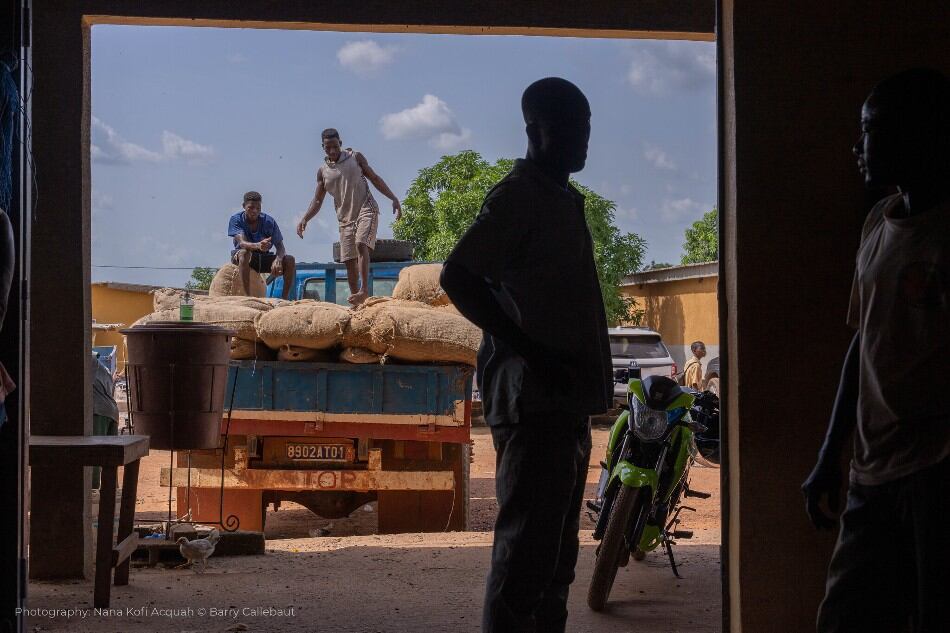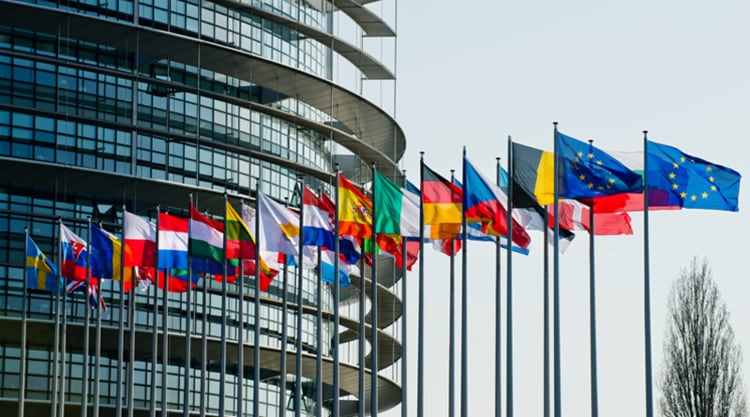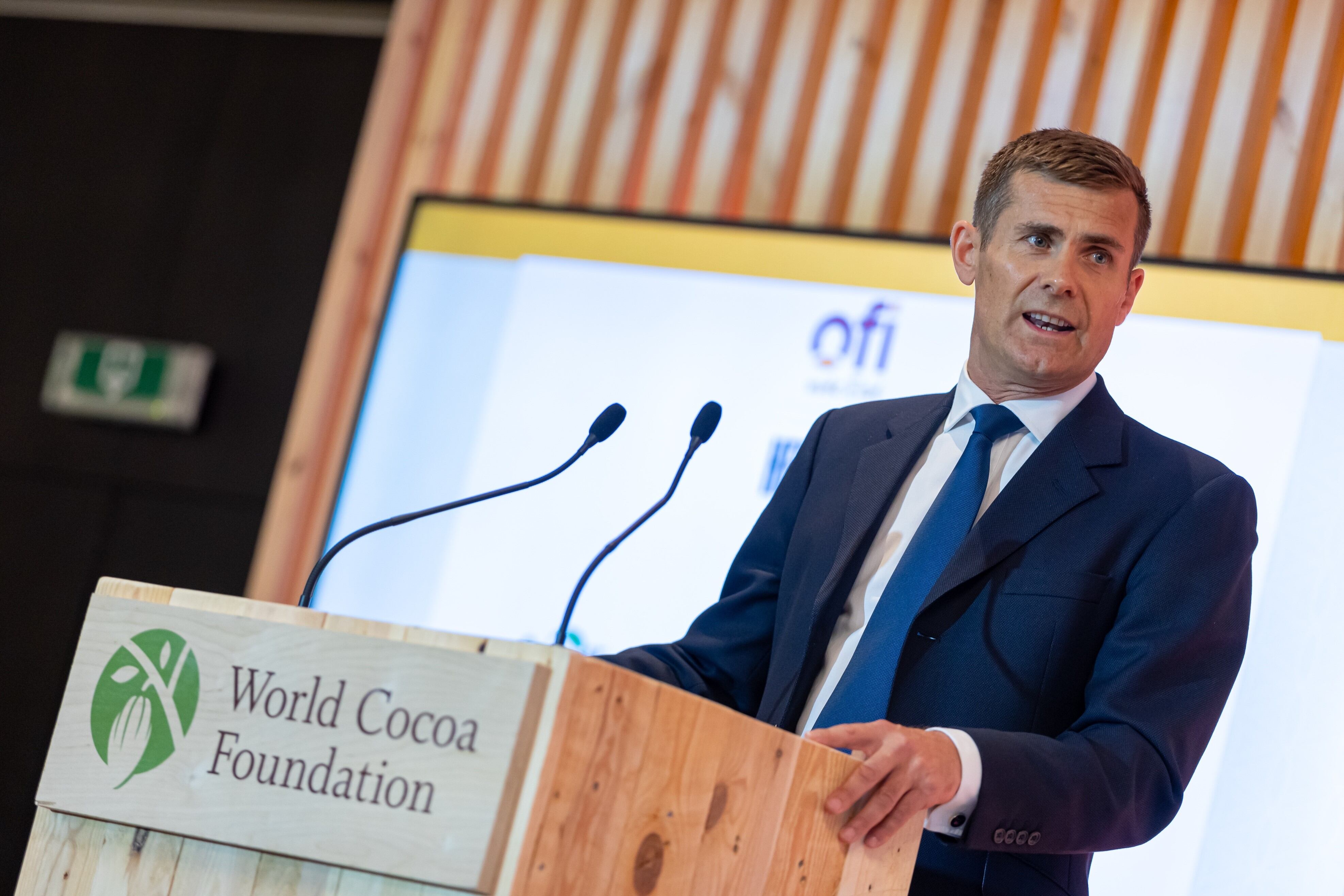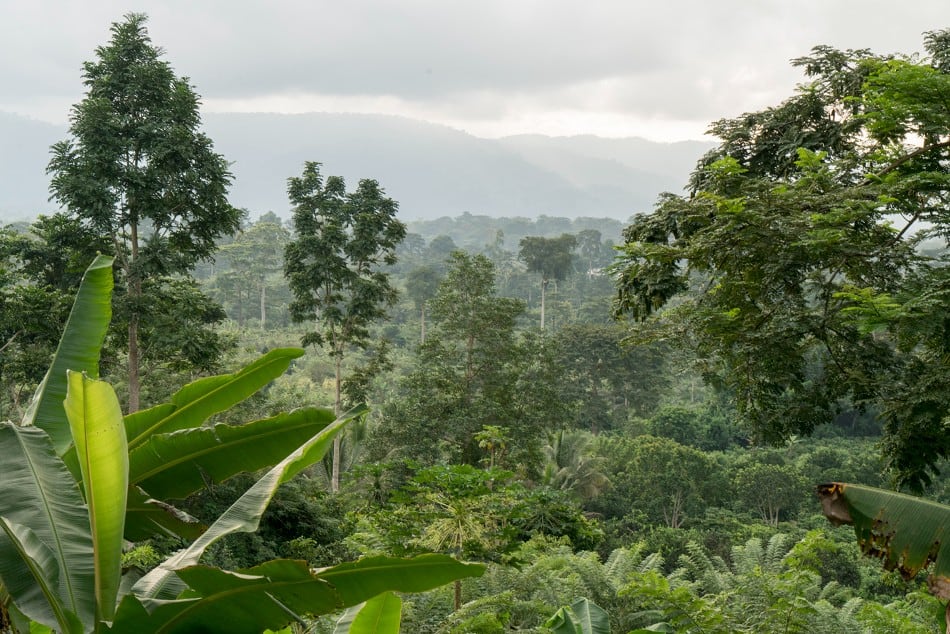The new regulation sets strong mandatory due diligence rules for companies that want to place relevant products on the EU market or export them. Operators and traders will have to prove that the products are both deforestation-free (produced on land that was not subject to deforestation after 31 December 2020) and legal (compliant with all relevant applicable laws in force in the country of production).
When the new rules enter into force, all relevant companies will have to conduct strict due diligence if they place on the EU market, or export from it: palm oil, cattle, soy, coffee, cocoa, timber and rubber as well as derived products (such as beef, furniture, or chocolate). These commodities have been chosen on the basis of a thorough impact assessment identifying them as the main driver of deforestation due to agricultural expansion.
Since the EU is a major economy and consumer of these commodities, regulation is meant to stop a significant share of global deforestation and forest degradation, in turn reducing greenhouse gas emissions and biodiversity loss.
Once adopted and applied (at the end of 2024), the new law will ensure that a set of key goods placed on the EU market will no longer contribute to deforestation and forest degradation in the EU and elsewhere in the world.
Futures trading platform ICE (Intercontinental Exchange), said in a white paper that clear guidance from Brussels and government agencies “will be a critical step” to prevent the cocoa from being destroyed.
Speaking to the Financial Times, Pamela Coke-Hamilton, executive director of the International Trade Centre, said. “If it lands on the market within the transition period that’s fine. But if it is held and released after the end of the transitional year, it may not be … it could be extremely difficult . . . [the goods] won’t be allowed in because [producers] wouldn’t have . . . done anything that would make it compliant with the new regulations.”
That means that producers would probably send it elsewhere “or dump it”, she said.
The new law is also in danger of disrupting the whole supply chain from already impoverished farmers in West Africa right up to retail and consumer level.
Almost 70% of the world’s cocoa comes from Ghana and Cote d’Ivoire, where deforestation and other issues such as child labour have been a particular concern. Regulatory bodies in both countries have argued that the law will make it expensive and punitive to trade with EU countries.
ICE has issued documents that claimed almost 200,000 metric tons of cocoa and 150,000 metric tons of coffee beans were held in ICE-licensed warehouses in European ports this summer.
Nicolas Mounard, Barry Callebaut’s sustainability and farming director, acknowledged that the EU is the largest market for the chocolate and cocoa supplier and said the new regulations pose a significant financial risk without a clear agreement from Brussels during this transition period.
ConfectioneryNews will be presenting a special live webinar on Tuesday 23 January 24 at 17:00Paris / 10:00AM Chicago to discuss the new requirements for market access for cocoa and chocolate suppliers into the European Union.




